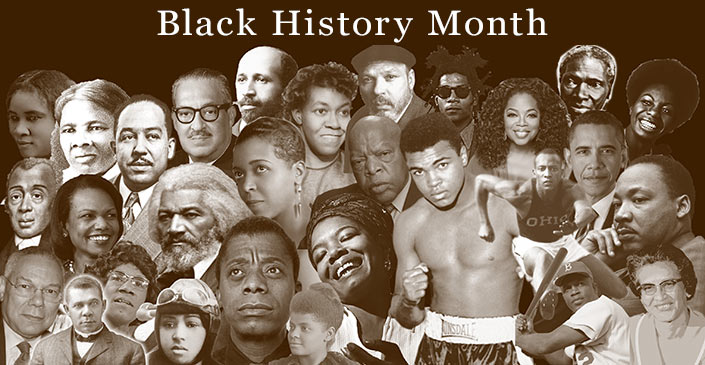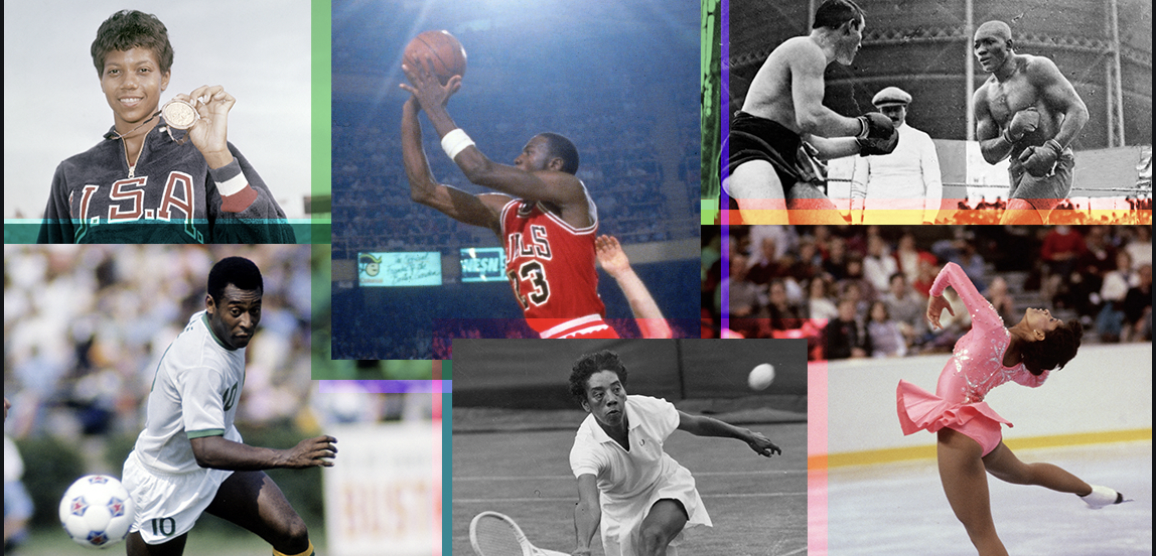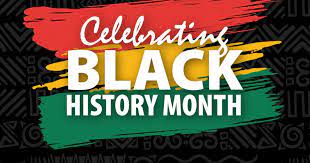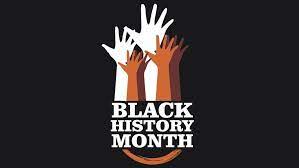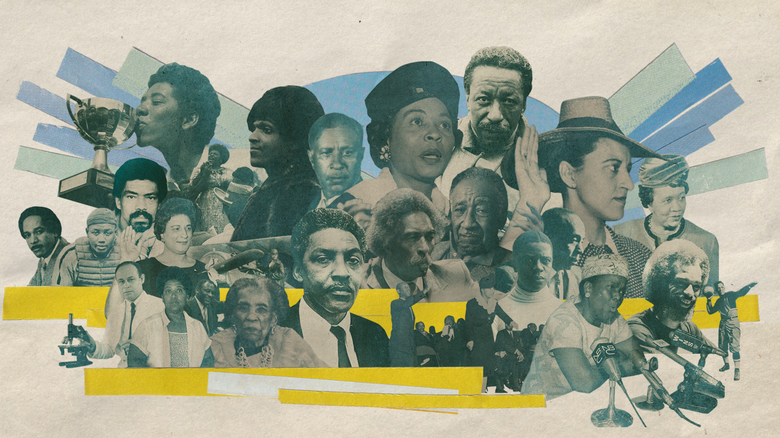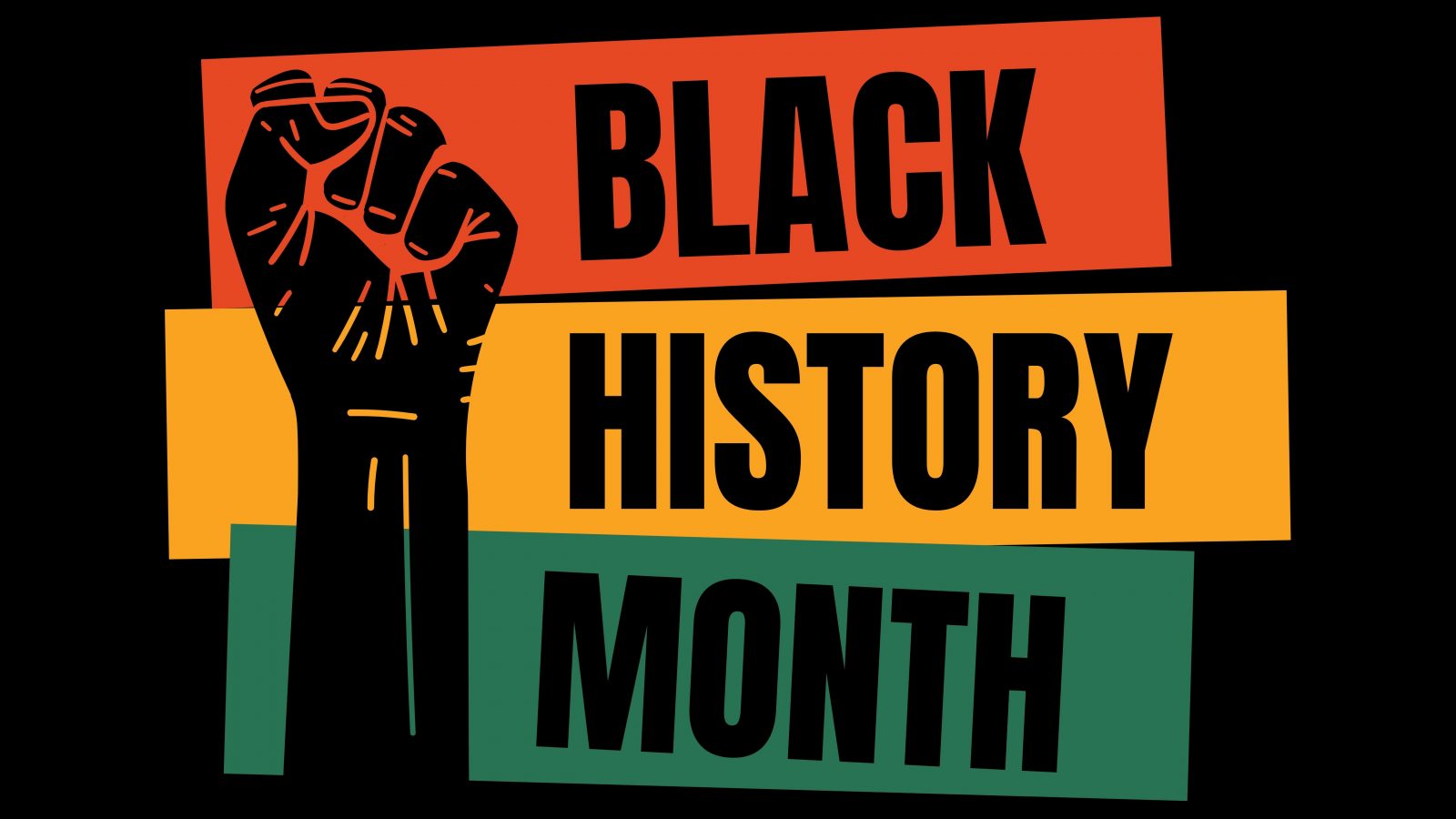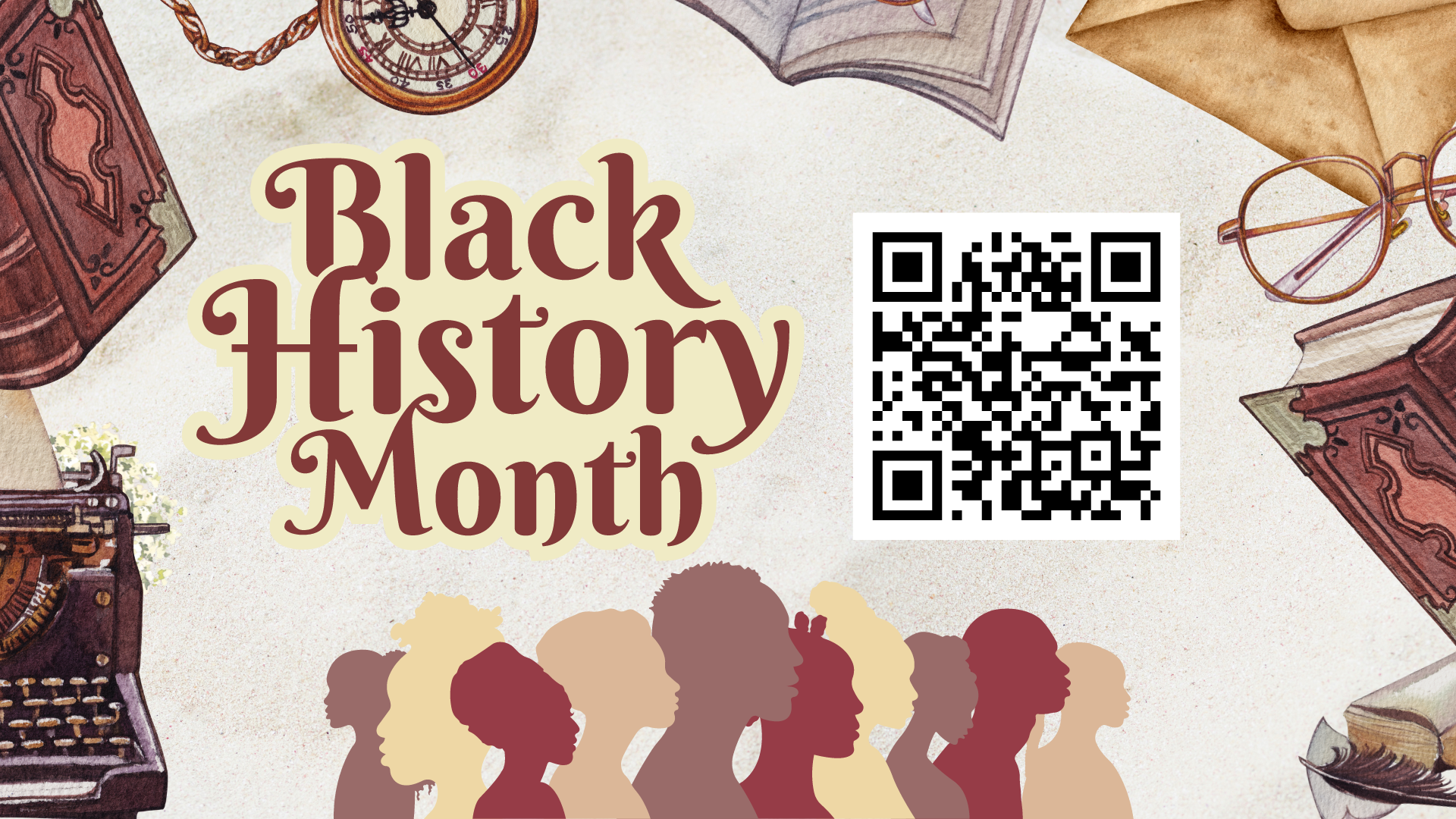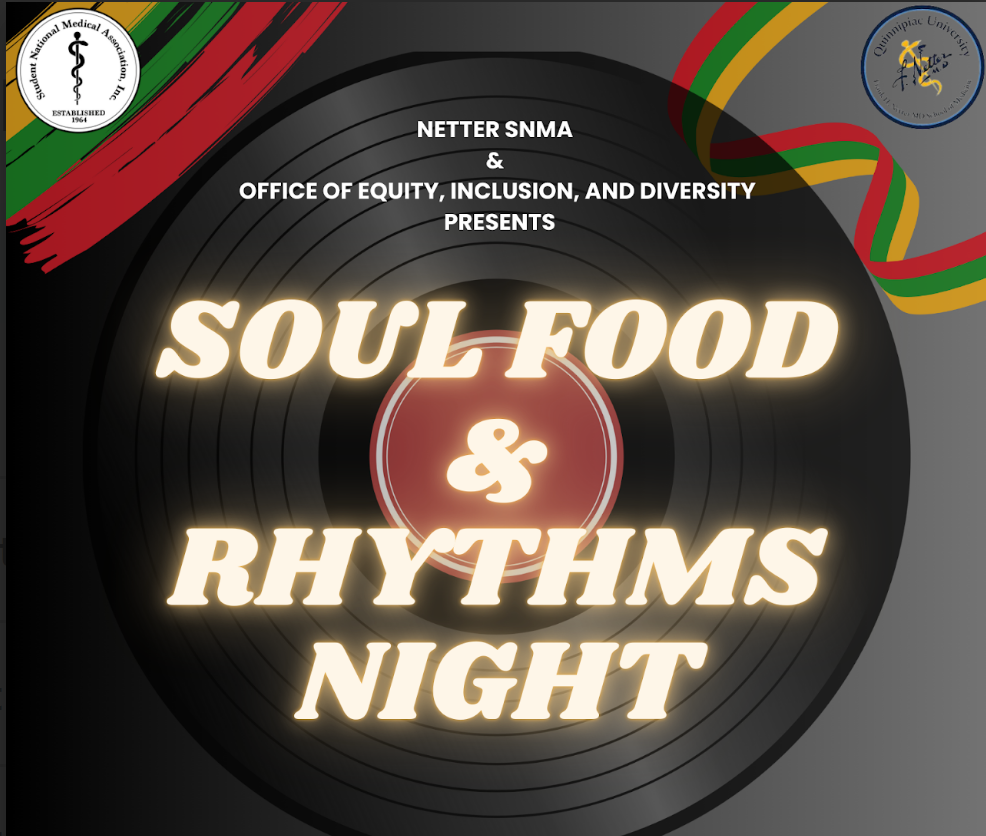Verses of Change Event - Black History Month Trivia
WT
WCPL Teens@wcpl.teens
Created on:
Feb 17, 2024
Duration:
9 minutes,
Category:
Tags:
Questions:
9 questions
Average Score:
6/9
Players:
10
Language:
English
Recent Top Players 🔥
9 Trivia Questions and Answers
More Quizzes
Explore Quizzes
Comments
( )

